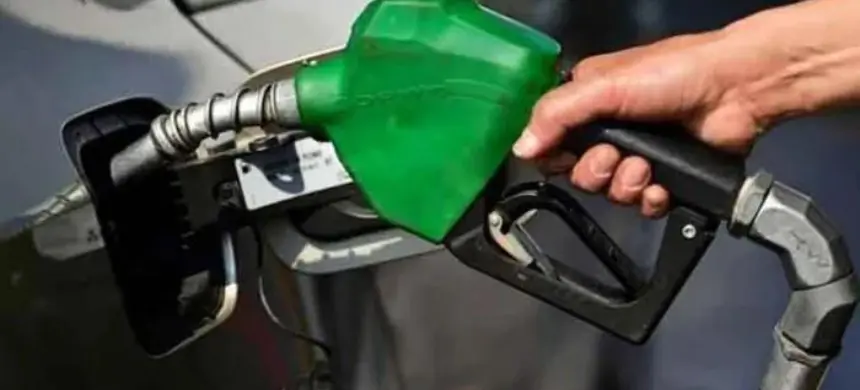The recent change in the status of petroleum products from zero-rating to sales tax exemption is expected to save the government nearly Rs. 20 billion annually. Under the Finance Act 2024, products such as Motor Spirit (Petrol), High-Speed Diesel, Kerosene, and Light Diesel Oil (LDO) have been shifted from taxable supplies to exempt from sales tax. This adjustment is projected to have a positive revenue impact of Rs. 18-20 billion.
However, this change has led to complications for the industry, which can no longer claim refunds due to the shift from sales tax zero-rating to sales tax exemption. Before the budget for 2024-25, the industry was able to claim refunds due to the zero-rating status of these petroleum products. Refineries and oil marketing companies have expressed concerns over the amendment, requesting the government to reconsider it. They argue that up to 80-85 percent of the input tax will now be disallowed, significantly increasing operating and project costs.
Read More: The FBR has directed battery manufacturers to deduct 80% sales tax from their lead suppliers
In response to these concerns, the Federal Board of Revenue (FBR) is reviewing a proposal to impose a lower sales tax rate of 3-5 percent on petroleum products. During the budget preparation for 2024-25, a proposal to impose a standard rate of 18 percent sales tax on petroleum products was rejected by the Prime Minister due to its potentially inflationary impact on the general public.











